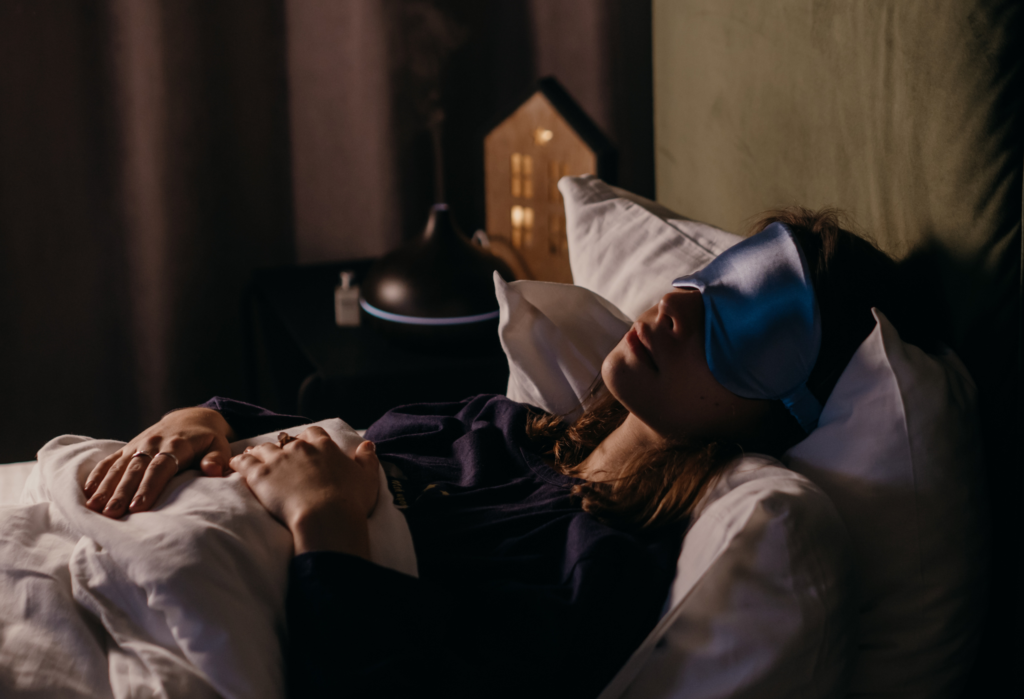
Night sweats, those sudden, disruptive heat waves that drench you in perspiration, can be a frustrating and sleep-disrupting symptom of menopause. While they can occur for various reasons, understanding the underlying causes and implementing effective strategies can significantly improve your sleep quality and overall well-being.
Understanding Night Sweats
Night sweats, characterized by sudden surges of heat and profuse sweating, can disrupt sleep patterns and leave you feeling exhausted and irritable. While often associated with menopause, they can also be a symptom of underlying medical conditions.
- Hormonal fluctuations: During menopause, declining estrogen levels can lead to unstable body temperature regulation, resulting in night sweats.
- Medical conditions: Certain health issues, such as infections, diabetes, hyperthyroidism, or tuberculosis, can trigger night sweats.
- Medications: Some prescription drugs, including antidepressants, blood pressure medications, and certain pain relievers, can cause night sweats as a side effect.
- Lifestyle factors: Excessive alcohol consumption, caffeine intake, and spicy foods can contribute to night sweats.
Lifestyle Modifications for Night Sweat Relief
Making simple adjustments to your lifestyle can significantly reduce the frequency and intensity of night sweats.
- Create a sleep-conducive environment:
- Keep your bedroom cool, dark, and quiet.
- Invest in breathable bedding, such as cotton sheets and pillows.
- Consider using a mattress pad or pillowcase designed to wick away moisture.
- Manage stress: Chronic stress can exacerbate night sweats. Incorporate relaxation techniques like meditation, deep breathing, or yoga into your daily routine.
- Prioritize mindfulness and self-care activities.
- Dietary adjustments:
- Reduce caffeine and alcohol intake, as these substances can stimulate the nervous system and contribute to night sweats.
- Limit spicy foods, which can trigger heat sensations.
- Stay hydrated throughout the day, but avoid excessive fluid intake close to bedtime.
- Weight management: Maintaining a healthy weight can help regulate body temperature and reduce the severity of night sweats.
- Regular exercise: Engage in regular physical activity, but avoid intense workouts close to bedtime. Exercise can help improve sleep quality overall.
Natural Remedies for Night Sweats
In addition to lifestyle modifications, exploring natural remedies may provide relief from night sweats.
- Black cohosh: Traditionally used for menopausal symptoms, black cohosh may help reduce hot flashes and night sweats. However, research on its effectiveness is limited.
- Red clover: Rich in phytoestrogens, red clover can potentially alleviate night sweats by helping to balance hormones.
- Soy products: Incorporating soy into your diet may offer some relief due to its phytoestrogen content.
- Other herbs and supplements: While less studied, some women report benefits from ginseng, dong quai, and vitamin E. Always consult with a healthcare provider before trying new supplements.
MenoRescue: A Potential Solution
MenoRescue is a natural supplement designed to support women during menopause, including alleviating night sweats. It contains a blend of ingredients such as ashwagandha, green tea extract, sage leaf, and red clover, which may help regulate hormones and reduce night sweats.
Important Note: While MenoRescue may offer benefits, it’s crucial to consult with your healthcare provider before starting any new supplement. Individual responses to supplements can vary.

When to Seek Medical Attention
If night sweats are severe, persistent, or accompanied by other concerning symptoms, it’s essential to consult with a healthcare provider. They can rule out underlying medical conditions and recommend appropriate treatments.
Conclusion
Night sweats can significantly disrupt sleep and overall well-being. By implementing a combination of lifestyle changes, exploring natural remedies, and considering potential supplements like MenoRescue, you can effectively manage night sweats and improve your sleep quality. Remember to listen to your body, and consult with your healthcare provider for personalized advice.
Disclaimer: This article is intended for informational purposes only and does not constitute medical advice. Always consult with a healthcare professional for any health concerns or before starting any new treatment or supplement.
Would you like to focus on a specific aspect of night sweats, such as sleep hygiene or the role of stress?
